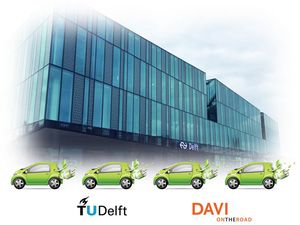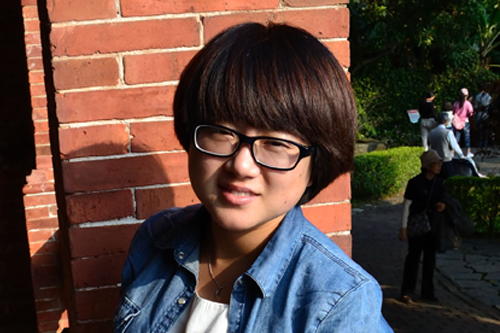Planning and Operation of Automated Electric Taxi Systems
Subject
This is a recent project inspired by the Dutch Automated Vehicle Initiative. In this project, automated driving is introduced into taxis to improve public transport, in particular transport by train. It aims to attract more passengers by providing automated taxis as feeders for train trips. The main purpose of the project is to define planning and operational principles for the automated taxi system with the objective of maximizing the transport performance while minimizing the operational costs.
Scientific challenges
The automated taxi system that we study is a carsharing system that should provide a last mile alternative for train trips. A few scientific challenges arise in our research.
The first one is that these vehicles are driven by themselves. Automated taxis with advanced technologies like adaptive cruise control and parking assistance systems provide more convenience to their clients than normal carsharing. At the same time, self-driving vehicles can be relocated at a lower cost (no need to hire staff as relocation drivers), with the purpose of mitigating the stock imbalance across different service zones. Considering the environmental pollution issues, the automated taxis are 100% electric which means that the battery driving range and charging events should be taken into consideration as operational constraints.

Societal relevance
Automated driving is a brand new technology in the world which can be seen as a breakthrough in both transport performance and traffic safety. In this project, automated driving is introduced into taxis to improve public transport performance as usually first mile/last mile connections are the weakest link in PT journeys. The automated driving system enables a vehicle to be controlled automatically instead of being operated by a human driver, which enhances road safety as well as greatly reducing the labour costs of the system. In addition to this, because the vehicles are electric, they should allow decreasing the impact on the environment to some extent and promote the use of clean energy in transportation.

Xiao LiangStart/end date: 8th September 2014 - 8th September 2018Daily supervisor: Gonçalo Homem de Almeida Correia Promotor: Bart van Arem |